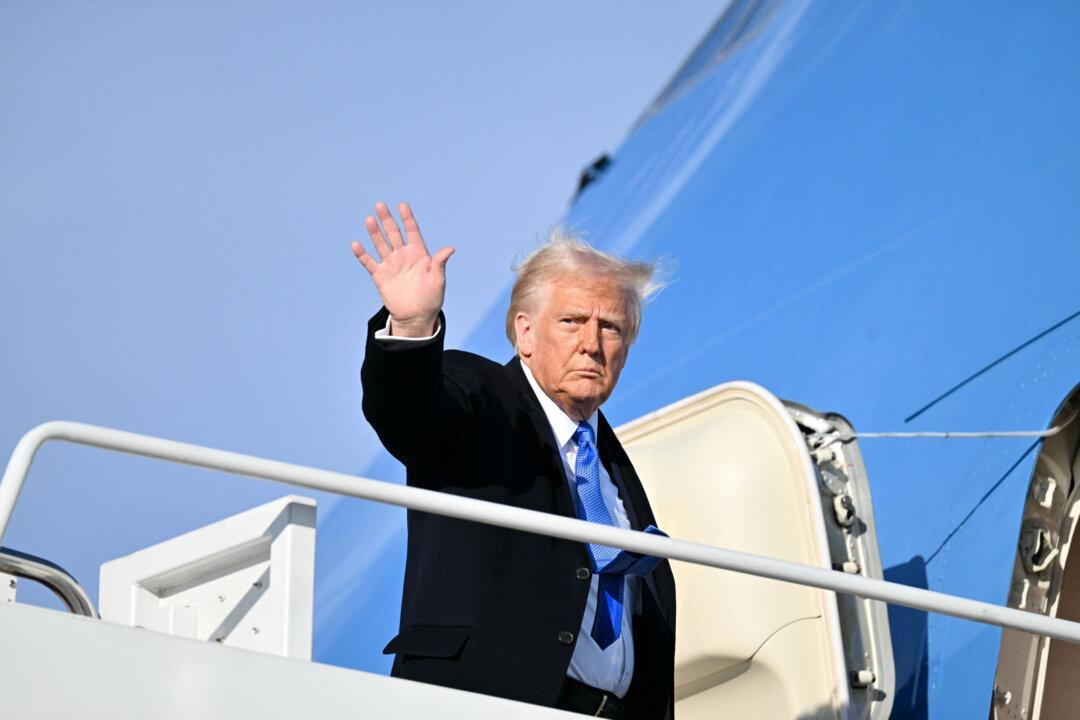President Donald Trump’s third week back in office was full of major developments on both the domestic front and abroad, with the end of a 60-year federal agency, deals brokered with key U.S. trading partners, and plans to incarcerate certain illegal immigrants overseas.
Beginning on Feb. 3 and ending with his attendance at Super Bowl LIX on Sunday, Trump’s third week also included tariffs on China with key exceptions, the Department of Government Efficiency (DOGE) moving at breakneck speed in its stated goal of rooting out government waste, controversial plans for the Gaza Strip, rules baring transgender athletes from women’s sports, and other notable developments.






